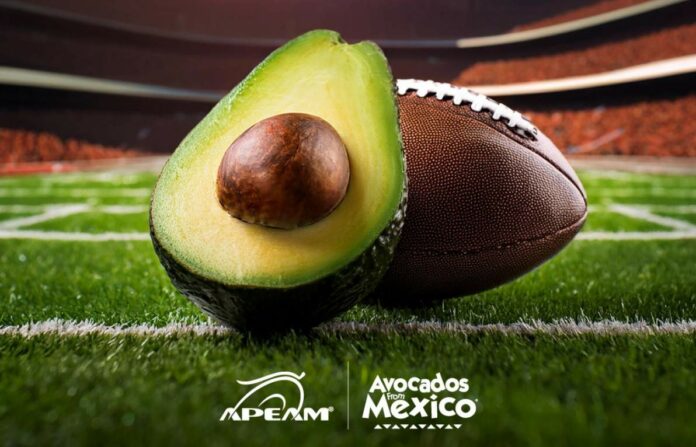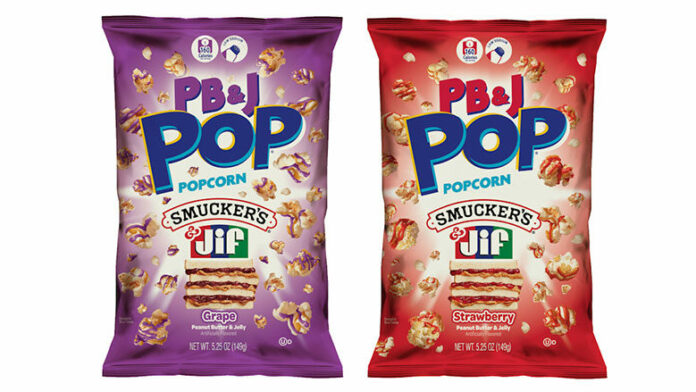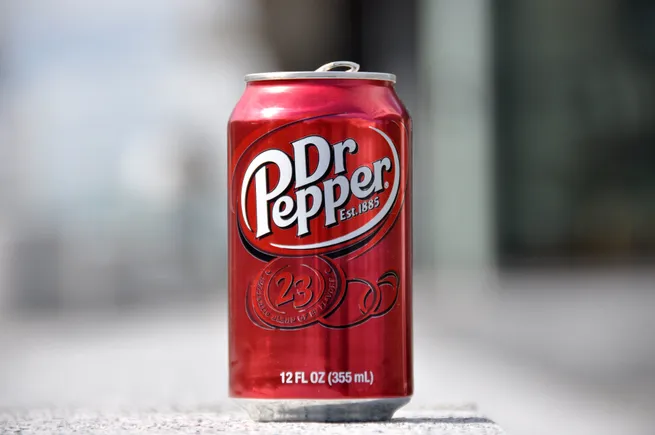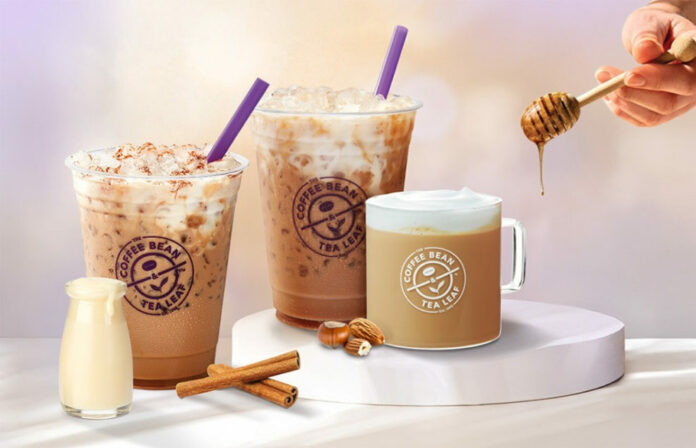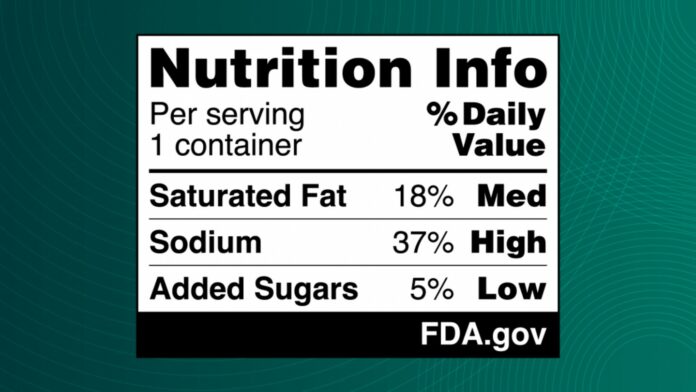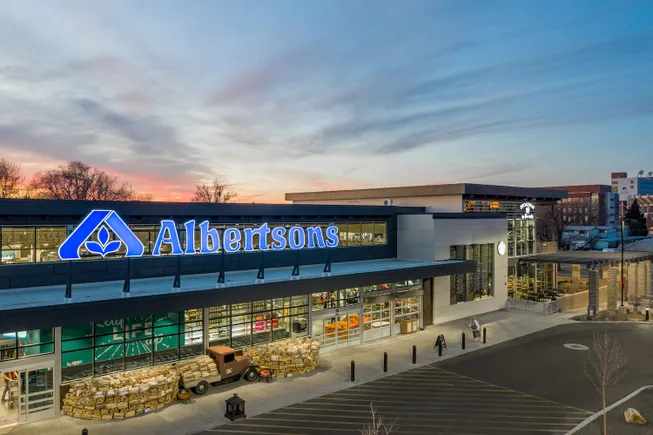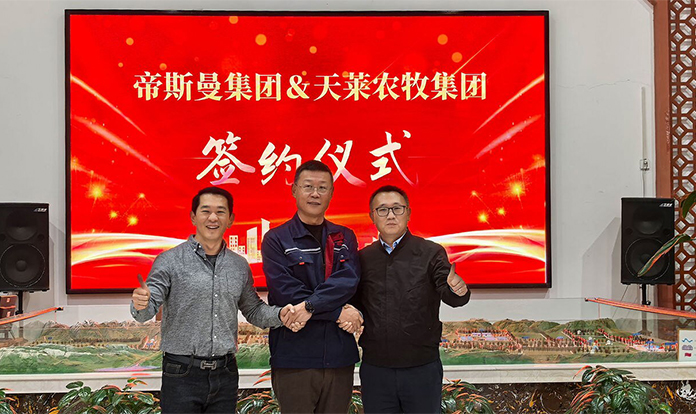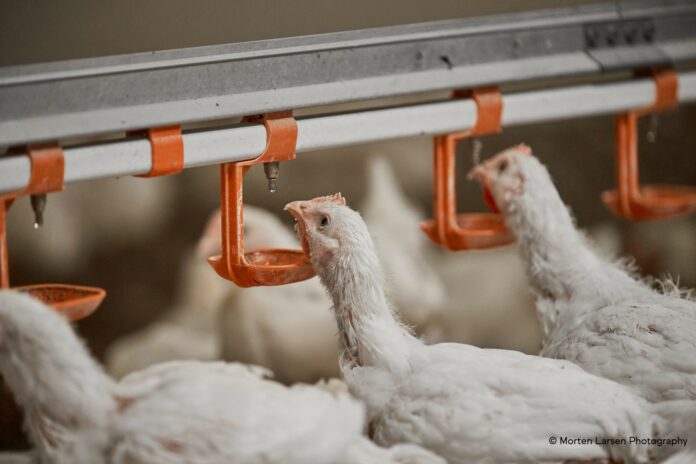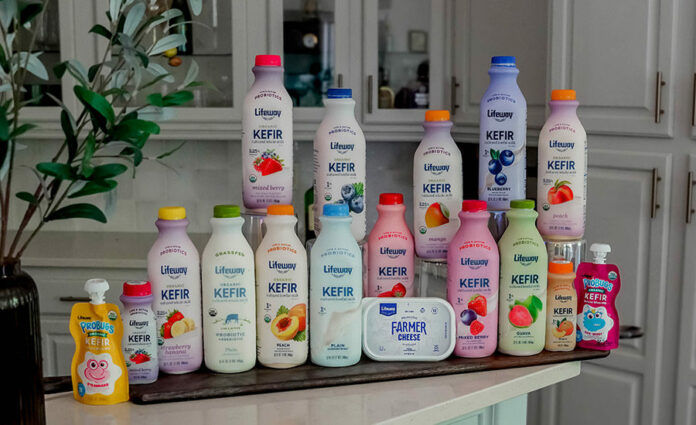Svitzer, a prominent global towage provider, has joined forces with Höegh Autoliners, a leading global provider of ocean transportation services in the Roll-on, Roll-off segment, to introduce Svitzer’s revolutionary EcoTow solution in Australia. This innovative partnership aims to cater to the largest and most environmentally friendly car-carrier vessel class in the world during its visits to four ports ‘Down Under’.
EcoTow represents Svitzer’s carbon insetting solution, showcasing an impressive nearly 100% reduction in CO2 emissions associated with the towage operations of Höegh Aurora’s port calls on its inaugural voyage to Australia. Through EcoTow, carbon emissions from towage jobs are offset through the use of carbon credits generated by Svitzer’s utilization of biofuel across its global towage operations. This carbon neutralization effect is verified by an external auditor and validated through certification and assurance reporting.
Towage stands out as one of the primary carbon emitters in port operations in Australia, prompting Svitzer to implement a comprehensive decarbonization strategy focused on reducing emissions through the adoption of biofuel and battery-powered tugs.
The Höegh Aurora vessel boasts multi-fuel capabilities, resulting in a 58% reduction in carbon emissions per car transported compared to the current industry standard. The adoption of EcoTow by Höegh Autoliners in Australia underscores the substantial progress in maritime decarbonization and underscores the potential for future net-zero operations in the industry.
In a significant development, Svitzer recently secured a contract for the construction of the world’s first battery electric-methanol hybrid TRAnsverse tug. This cutting-edge tug is designed to provide carbon-neutral towage services for the majority of its operations, offering port authorities and shipping companies a sustainable solution to support ‘Green Port’ and ‘Green Shipping Corridor’ initiatives.
The maiden voyage of the Höegh Aurora to Australia took place in late December 2024, with the vessel departing on 30 December after completing visits to four key ports in Australia. These ports – Fremantle, Melbourne, Port Kembla, and Brisbane – played a crucial role in facilitating the transportation of cars to the Australian retail automotive market.
The collaboration between Svitzer and Höegh Autoliners represents a significant step towards promoting sustainable practices in the maritime industry. By introducing EcoTow and investing in eco-friendly towage solutions, both companies are setting a precedent for environmentally responsible operations and paving the way for a greener future in maritime transportation.
As stakeholders and industry participants recognize the importance of reducing carbon emissions and embracing sustainable practices, initiatives like EcoTow and the development of innovative, environmentally friendly vessels like the Höegh Aurora are essential in driving the industry towards a more sustainable and eco-conscious future.
In conclusion, the partnership between Svitzer and Höegh Autoliners exemplifies a commitment to environmental stewardship and sets a new standard for sustainable towage operations in Australia and beyond. Through initiatives like EcoTow and the introduction of eco-friendly vessels, the maritime industry is taking significant strides towards achieving carbon neutrality and fostering a more sustainable future for all stakeholders involved.


